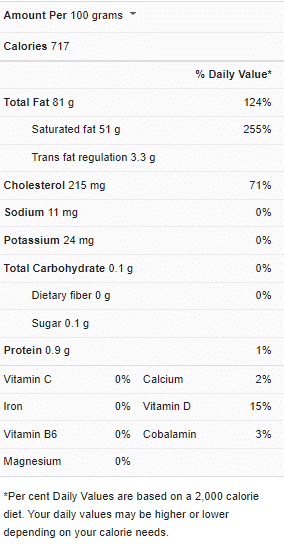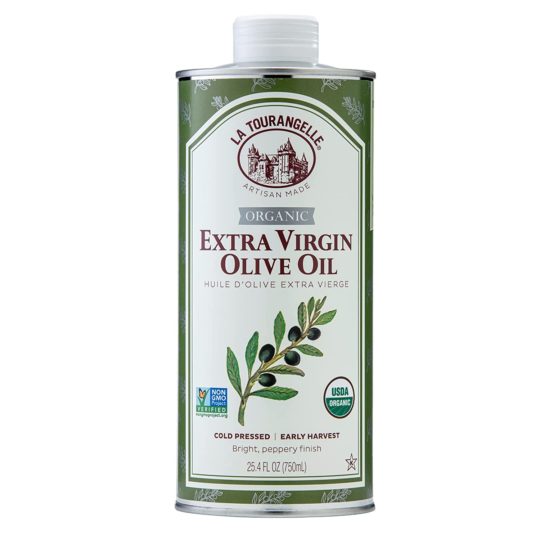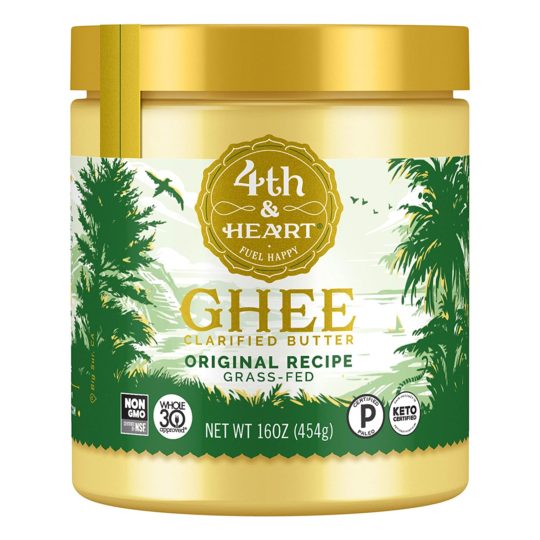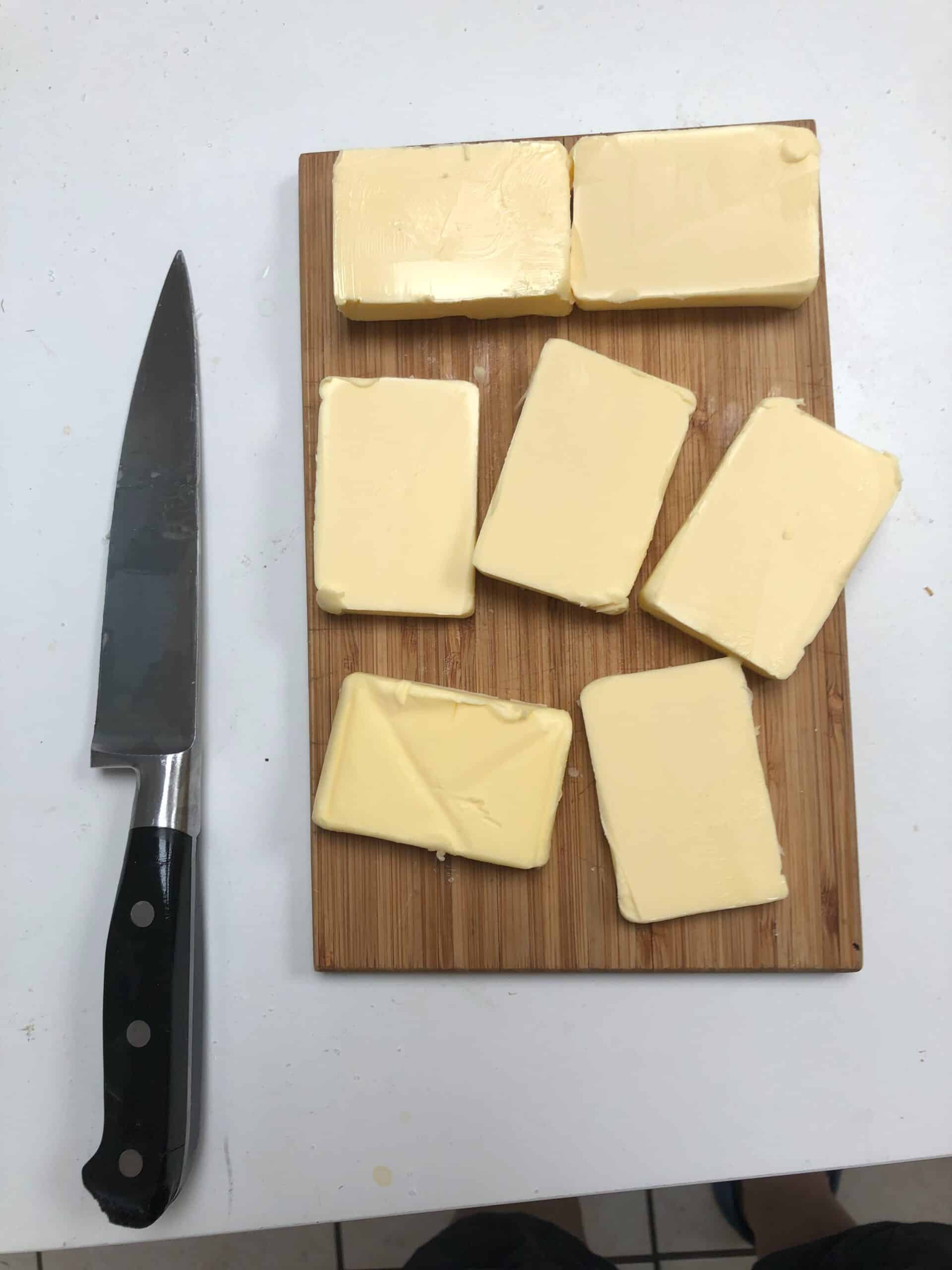Butter is a solidified milk product by churning fresh or fermented cream from milk, and it’s an essential component in pastry and cuisine. A calorie, like a teaspoon or an inch, is a measurement. Calories are the units of energy released when food is broken down (digested and ingested) by your body. A food’s calorie count dictates how much energy it can offer your body.
Butter nutrition facts

We gain weight if we consume more calories than we require regularly, and we will lose weight, fat, and perhaps lean muscle if we eat too few calories. So it hasn’t seemed easy to find a low-calorie butter substitute. Still, there is a substitute to choose from, like olive oil, coconut oil.
What is low-calorie butter?
The milk of mammals such as sheep, goats, buffalo, and cows makes butter. Butter comes in various forms, including salted, unsalted, grass-fed, and clarified varieties, each with its own set of components and production methods.
Low-calorie butter then does not give the body the number of calories that the regular butter gives. This is particularly good if you desire to watch your watch and not have too many calories.
Butter uses in recipes
Butter improves the flavor of food, as it has for years, making everything from veggies to baked items to regular simple sandwiches into a pleasurable experience worth repeating. It’s used as a spread at room temperature, melted as a condiment, and in baking, sauce making, pan-frying, and other cooking methods.
Butter enriches and amplifies the flavors of the food when used as an ingredient, such as when sauteing vegetables. It also gives sauces more depth, imparts texture and taste to baked foods. Butter can be offered in a variety of ways. First, it can be melted and used in various ways, including dips, frying, and sautéing. Finally, prepare whipped Butter or flavored Butter to make an attractive spread for toast, pancakes, and other bread dishes.
Butter’s excellent flavoring qualities make it a popular ingredient in a variety of foods and recipes, such as the following:
- Butter chicken with onion, broccoli, and spinach bhajis
- Mushroom, tarragon, and oyster pie
- Jansson’s temptation with pork chops
- Meringue roulade with clementine curd, cream and passion fruit
- Rich chocolate almond cake
- Seafood gratin with caramelized apples
- Dark chocolate rugelach
- Stuffed butternut squash with fresh herbs, cinnamon, and rice
- Brandy sauce
- Pumpkin soup with ricotta dumplings and smoked butter chestnuts
- Pan-fried scallops with kipper veloute and sea vegetable
- Melt-in-the-mouth walnut and cheese biscuit
- Chicken tagliatelle
- Chicken and bacon pasta bake
- Cheese and potato pie
- Ham and pea pasta
Low-calorie butter substitutes
You’ll occasionally run out of low-calorie butter and won’t be able to go to the supermarket in time. Perhaps, you’re cautious about your daily calories if you are like other people, and others may prefer a healthier option. These, and other circumstances, may lead you to seek out a low-calorie butter substitute.
When selecting a low-calorie butter substitute, the spread and baking impact are the most significant factors to consider. As a result, you can use any suggested options in place of low-calorie butter in your recipe. Some may have a flavor you like, while others may have a flavor you don’t. Examine them in the following highlight:
Olive Oil
The olive tree’s fruit, olives, is used to make olive oil. The Mediterranean region’s traditional crop is olives, and olive oil is extracted by pressing whole olives. Olive oil is used in various ways, including cooking, cosmetics, medicine, soaps, and as a source of fuel for traditional lamps. Olive oil originated in the Mediterranean, but it is now consumed worldwide.
Olive oil can be used as a bread dip, sprinkled on pasta, cooking, or mayonnaise. For therapeutic purposes, some people eat it by the tablespoon.
The powerful polyphenol chemicals in extra virgin olive oil have the unique potential to deal a fatal blow to acute and progressive disorders compared to other cooking oils. Olive oil consumption has been linked to various benefits, including lower cholesterol, happy health, and bone strength. In most recipes, butter can use olive oil in a 3:4 volume ratio; ¾ will replace 1 cup butter.
Avocado
Avocados are high in nutrients and healthy fats and may be used in various recipes. To conceal the green tint that avocados might cause, use gloomy ingredients such as chocolate. Avocados are high in monounsaturated fats and include a variety of vitamins and minerals. When included in a broad, well-balanced diet, they can offer numerous benefits.
Ghee
Ghee is a form of clarified butter, heated and pressed to eliminate liquid and milk components if you’re unfamiliar with the term. Ghee takes a step beyond where basic clarified butter. After it has been clarified, it is carefully boiled until the milk solids caramelize, providing a rich, nutty flavor to the clarified product.
This can supplement butter in baked items with a robust buttery flavor at a 1:1 ratio. Ghee works best as a butter substitute for baked things at high temperatures and is served warm, including bread and cookies.
Frequently asked questions (FAQs)
Should you avoid butter to lose weight?
Butter can be a nutritious addition to your diet when consumed in proportion. It’s high in nutrients like calcium, which helps build bones. In addition, it includes chemicals associated with a lower risk of becoming obese.
Is ghee good for weight loss?
Ghee is high in fat-soluble vitamins and omega-3 fatty acids, which can help you lose weight. Ghee, particularly cow’s milk ghee, is high in critical nutrients for the mind and the body.
Is Olive oil healthier than butter?
When it comes to eating healthily, olive oil is the way to go. The saturated fat content of olive oil is lower than that of butter. So it’s more suitable for frying.
Conclusion
They consider all the health benefits of low-calorie butter packs. However, it is still a good ingredient choice. However, for those who want to avoid calories, there abound other choices to choose from instead, as highlighted herein. They may differ slightly, but they provide a healthy alternative.




